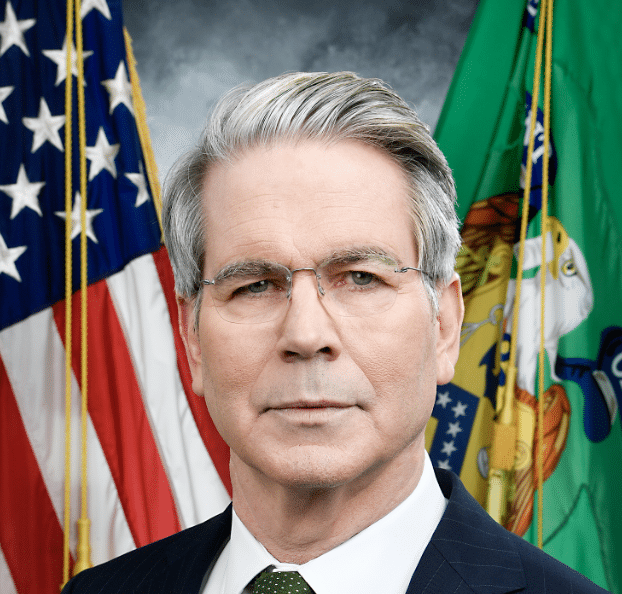Trump’s Trade Strategy: The Quest to Isolate China and Its Implications
A week ago, Scott Bessent aimed to reassure bankers regarding the Trump administration’s approach to international trade negotiations, emphasizing his leadership role in discussions with 70 countries following fluctuating tariff policies. Bessent asserted that the U.S. still maintains relationships with “allies” that could facilitate quick deals, potentially allowing for a collective stance against China.
Opportunities for Negotiation with Allies
Bessent revealed that there is significant interest among other nations to negotiate lower tariffs with the U.S. He highlighted that Trump had already engaged with leaders from Japan and South Korea, with a planned meeting between U.S. officials and a Vietnamese delegation. According to Bessent, a deal with allies could enable a united front against China. He also mentioned that the recent tariff measures represented maximum thresholds unless other countries retaliated—a response that China has thus far ignored.
Strategic Pressure on Trading Partners
The Trump administration’s strategy appears to leverage ongoing tariff negotiations to pressure U.S. trading partners to limit their economic ties with China. This tactic aims to garner commitments from allies to bar Chinese products from transit through their countries and discourage Chinese companies from establishing operations in their markets. These strategies are designed to weaken China’s economy and bring Beijing to negotiations with diminished leverage.
Scott Bessent’s Role in Trade Negotiations
As Treasury Secretary, Scott Bessent has spearheaded trade negotiations since Trump’s announcement of a temporary suspension on reciprocal tariffs for most nations—excluding China—on April 9. Bessent initially proposed this isolation strategy to Trump during a meeting at Mar-a-Lago.
China’s Response to U.S. Tariffs
While Bessent pushes this “strategy,” Chinese President Xi Jinping recently showcased his nation’s commitment to multilateral trade during a visit to Vietnam. Xi emphasized the importance of maintaining stability in global trade and preventing unilateral actions that could lead to trade wars. He sought to strengthen regional collaborations through initiatives aimed at promoting trade and economic cooperation.
The Impact of U.S. Policies on Key Markets
The ongoing trade battle has significant implications for American markets, particularly tourism and education. Trump’s policies have jeopardized U.S. tourism, which historically fosters international relationships. At the same time, the higher education sector, one of America’s most lucrative exports, is facing challenges exacerbated by Trump’s trade rhetoric.
Europe’s Response: A Growing Global Influence
Amid these developments, European leaders, including Ursula Von der Leyen, have been navigating the complexities of U.S. relations. Von der Leyen highlighted Europe’s role as a reliable partner in global trade, advocating for a cooperative approach during these turbulent times. Her remarks reflect a shift towards establishing stronger, independent trade relationships that do not solely rely on U.S. alliances.
The Future of U.S.-China Relations
Despite the uncertainty and ongoing tensions, Bessent has indicated there remains a pathway for dialogue between the U.S. and China. The administration’s ultimate goals, however, are yet to be clarified, leaving many industry leaders and analysts questioning the efficacy of Trump’s strategy. In a landscape marked by shifting allegiances, Scott Bessent’s efforts must adapt to avoid leaving the U.S. isolated both economically and diplomatically.
